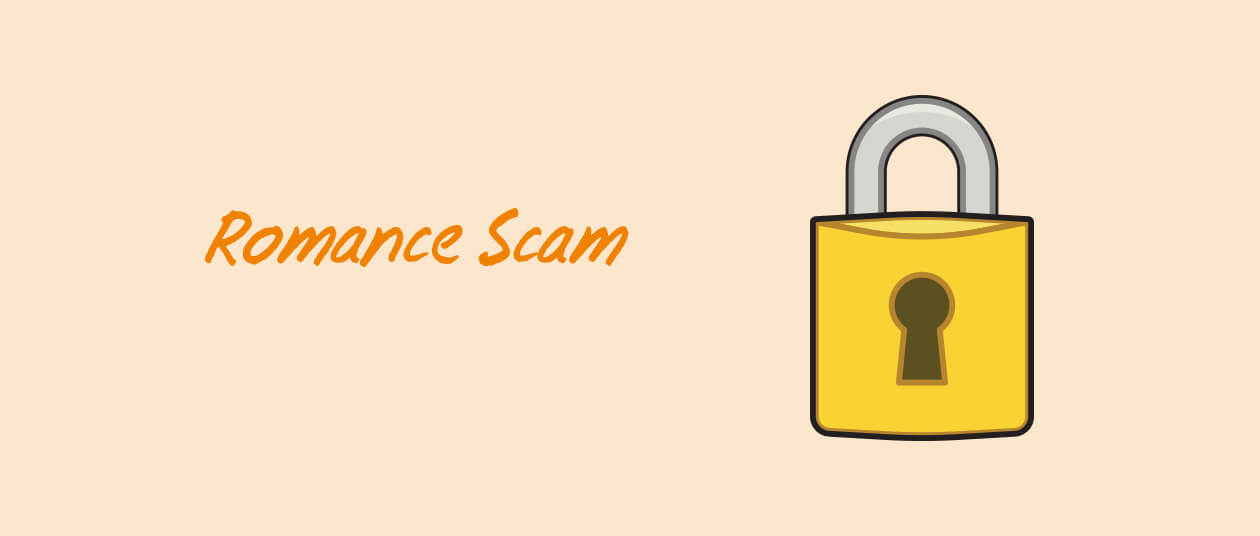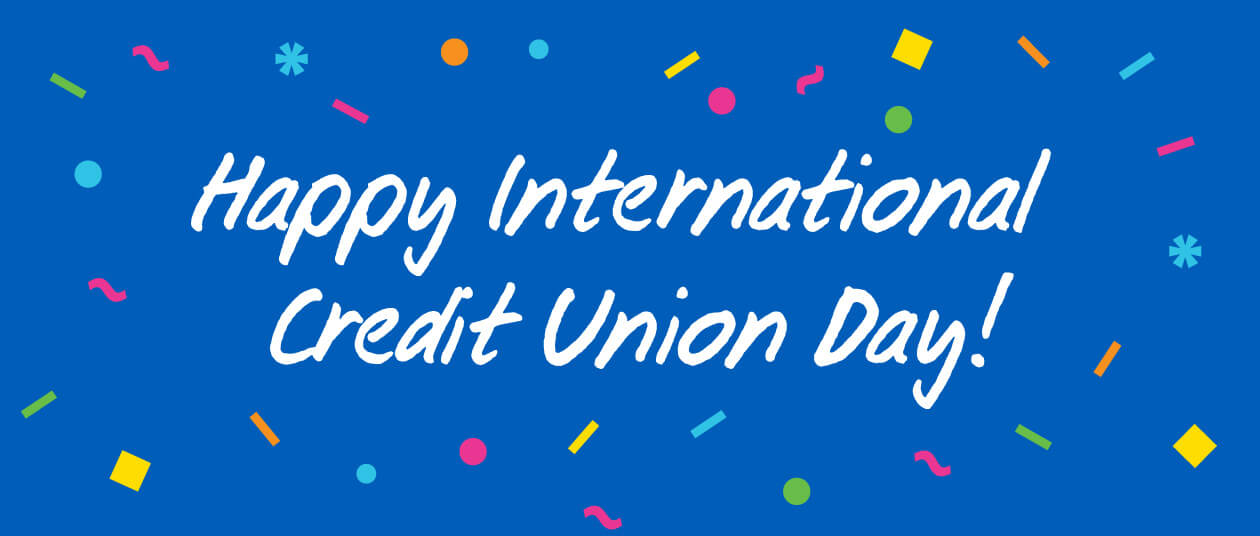You may have seen it in the news. Romance scams are one of the most emotionally and financially devastating frauds out there. And you might think, but that would never happen to me. This may be true, but it could happen to someone you know like a friend or family member.
What is a romance scam?
According to the RCMP in 2016, of those who reported the fraud – the victims lost over $17 million in romance scams.
The scam involves an individual gaining the affection and trust of their victim and then gains access to the victim’s bank account or credit cards to steal their money. Or the fraudster commits fraud using the victim’s identity.
Red flags and signs to look out for.
- Fake profiles on dating sites/apps and social media
Yes, that Tinder profile could be fake. Scammers use apps, dating sites and social media to set up bogus profiles (using fake photos and personal information) to gain their victim’s trust and interest.
- Suspicious behavior
This can include a reluctance to meet up in person. Sometimes the scammer will use the excuse “they’re working out of town for a long period of time”, or they live overseas. Police recommend having a first date or meeting in a public place. Let a friend or family member know in advance that you’re meeting up with someone – as well as the location, the person’s name and when you’re expected to be back.
- Straight up asking for money
Consider why the individual would be asking for money in the first place. In the end, it’s recommended to not send money especially if you’ve never met them and can’t verify their identity. It can be tempting to want to help someone but you could lose hundreds of thousands of dollars.
- Pressure to invest in cryptocurrency
Cryptocurrency scams are on the rise, with victims recently reporting losing as much as $2 million over a single week. In these cases, investor scammers persuade their victims with promises of fast returns on cryptocurrency investments, then disappear with the money. If someone is pressuring you to invest in cryptocurrency, it could be a sign you’re being scammed.
Before you send money, consider these four things.
- Don’t share sensitive personal information or banking information.
- Ask for a friend’s advice to see what they think. Don’t be embarrassed to ask for help.
- Don’t ever feel pressured to make a quick decision.
- Trust your gut.
Remember, your bank account and debit card are yours to keep safe.
Don’t ever share your personal banking information like your online banking personal access code or debit card PIN to anyone. Not even a family member or someone you’re romantically involved with.
By taking these actions, you can protect yourself and your money.



